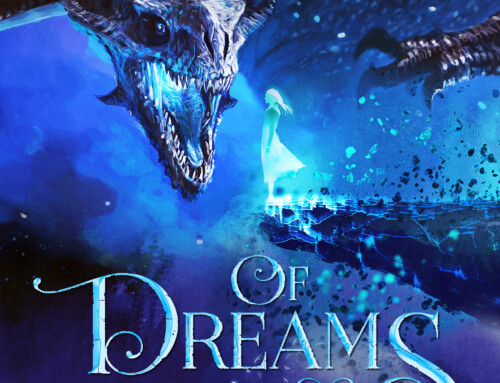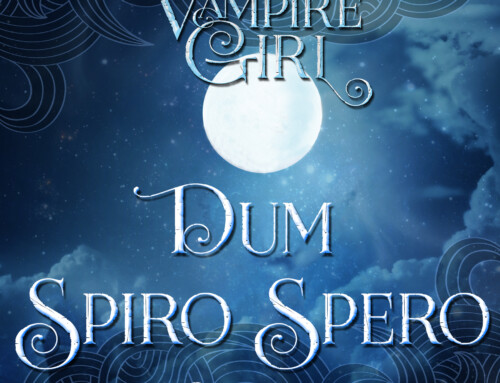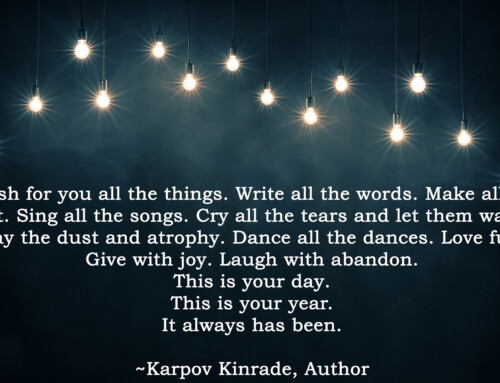 This morning we read an article by Neil Gaiman (a beloved favorite author of ours), called Why our future depends on libraries, reading and daydreaming. We encourage you to read this article as well as it emphatically and enthusiastically shares the reasons why reading fiction is so very important, for children and adults and all of us, and why libraries should be treasured, built and protected in order to ensure our future.
This morning we read an article by Neil Gaiman (a beloved favorite author of ours), called Why our future depends on libraries, reading and daydreaming. We encourage you to read this article as well as it emphatically and enthusiastically shares the reasons why reading fiction is so very important, for children and adults and all of us, and why libraries should be treasured, built and protected in order to ensure our future.
THIS. This is the crux of the message, and what has inspired this post today. I often wonder what the role of the writer would be in the post-apocolyptic struggles we’re all fond of reading and watching. What would our roles be in The Walking Dead world of survival? Would there be a place for us anymore, when the most valued skills would be those of killing, healing and creating food and necessary supplies to survive?
My ex-husband often spoke of his work as a medic in the Army National Guard as more important than what I did as a writer and raiser of children. Not to begrudge his efforts, or those of any military personnel, but let’s think this through. If we lose the arts, the stories, the imagination of our culture, what then are we fighting for? This is the soul of our world’s body. The stories, the music, the words shaped into fantasy–this feeds our imagination, it allows us to dream of what could be, it inspires us to create, invent, change and innovate. It is what we are fighting always to save, or what we should be.
“I was in China in 2007, at the first party-approved science fiction and fantasy convention in Chinese history. And at one point I took a top official aside and asked him Why? SF had been disapproved of for a long time. What had changed?
It’s simple, he told me. The Chinese were brilliant at making things if other people brought them the plans. But they did not innovate and they did not invent. They did not imagine. So they sent a delegation to the US, to Apple, to Microsoft, to Google, and they asked the people there who were inventing the future about themselves. And they found that all of them had read science fiction when they were boys or girls.
Fiction can show you a different world. It can take you somewhere you’ve never been. Once you’ve visited other worlds, like those who ate fairy fruit, you can never be entirely content with the world that you grew up in. Discontent is a good thing: discontented people can modify and improve their worlds, leave them better, leave them different.”
[/box]Fiction breeds reality. Fiction is a lie that tells the truth, as Neil Gaiman says. In college, I went through a phase where I struggled with what was truly important work. I was studying theater and journalism, and had a discussion with my theater advisor about which was more important. Surely the TRUE news, covering that, writing about it, sharing it with the world, was more valuable than making up stories for stage or print, right?
Wrong. He knew what I eventually learned. That the telling of stories casts a mirror on society in a way that news stories never can. The telling of stories shows us ourselves, and shows us what could be, and in so doing, shapes us into something unexpected and new. Something greater than what we were.
This is why I’m a storyteller today and not a journalist. This is why I weave fiction for adults, teens and children. This is why I don’t stick to one genre or one age group, and why I have no qualms with writing fantasy, romance, contemporary, children’s books or sci-fi. This is why, as a mother of three little readers, I have the hardest time telling them to put their books away, turn out their lights and go to bed at night. This is why I can only smile when I catch them doing what I did as a child, sneaking their books under their covers because they just have to read the next chapter.
This is why each of my children’s teachers have given up having them record how many minutes they’ve read, and instead have to remind them that they must also get their other homework done.
Our middle daughter, Bella, might not be the reader she is if she wasn’t being raised by us. She’s not naturally inclined to read, as our other girls are. She’s more athletic and physical, more outwardly focused. But a few years ago I began a series just for them called The Three Lost Kids, and I wrote their worlds and their stories. As our youngest, Lexie, says, these aren’t fiction, they are true accounts of their adventures. Adventures to other worlds with magic and wonder and danger and important life lessons. There are dragons and unicorns and warring fairies and Christmas curses and dying Sugar Fairies and evil monsters who have captured Cupid. There are friendships made and lessons learned and growth in each child. There is imagination at work here, and they inspired it all. And they are all avid readers of more than the six book I wrote for them that they have since outgrown.
Books are keys that unlock other worlds and give us tools to survive well in this world.
Dmytry and I both grew up lost in other worlds as well. And now, as adults, we stay lost on a full time basis, making up worlds, making up stories and writing them down, telling our characters’ stories for them. And in each book we write, regardless of genre, there is truth to be found. There are words to be read and learned, journeys to be shared.
We have the best job in the world, and we never forget that. We created this life through the books that shaped us as children, and we wish the same for our children, that they will create the life of their dreams because they know how to dream, they know how to imagine, they know how to color their world outside the lines and create something entirely of their own making.
And that is what our world needs more of. More dreaming. More creating. More thinking outside the lines and making up stories. That is what we can give our children, and ourselves, that will save the future and save our humanity.
IMAGINATION UNBOUND.





Storytellers would have a role in a post-apocalyptic world, just not in the modern format. After all, storytellers have existed throughout all our history, even in the most terrible times. Storytellers sell that most prized commodity – HOPE. In fact, Terry Pratchett even calls humanity the story-telling ape because of our tremendous tendency to tell stories to make sense of our world. Ours is not a profession that will ever die – just one that is terribly underpaid.
Reading is also the best thing that I ever did, and I’ll be encouraging my girls to read from a young age.
Here, here! Well said. 🙂